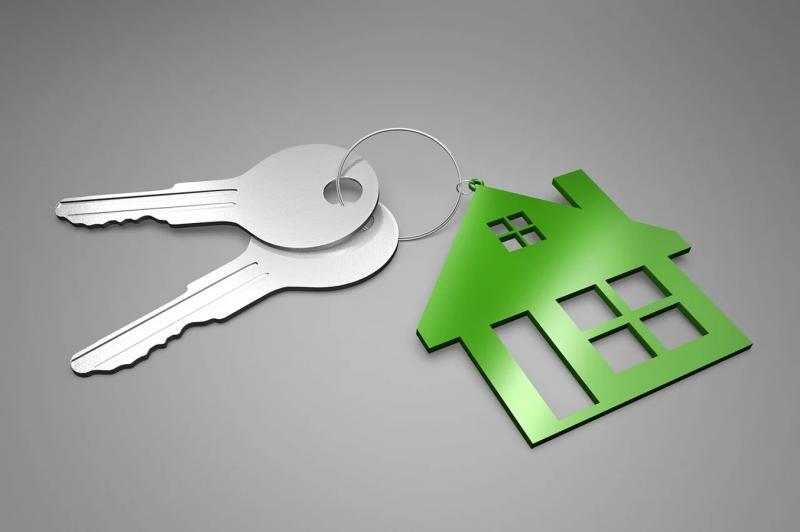Rental Problems: The How-Tos of Resolving Rental Payment

Photo by Park Dasol on Unsplash
As a landlord, you may already have experienced firsthand rental horror stories. However, such tales do not necessarily involve things flying around or ghostly apparitions in the room you're renting out. In fact, you may already have witnessed the most terrifying of all, and that is the curious case of delayed rental payments.
Metaphor aside, rental payments are among the top issues in every landlord-tenant relationship. A SmartMove user survey report even reveals that it's a top concern among landlords who are dealing with new tenants. As much as you want to understand your tenant's side of the story, you know that it will also cause financial outtakes and headaches in the long run. This issue should not be put aside and you need to come up with a plan, strategy, or resolution that can help you deal with this type of rental problem.
With that, here are some tips and guidelines that you can follow to help you ensure that you receive rental payments on time while not permanently destroying your relationships with your tenants.

Photo by User 472301 on Pixabay
Send a Late Rent Notice
There are instances when tenants are genuinely unaware that their rent payment is already past its due. Consider writing and sending a late rent notice to remind them instead of immediately barging their doors and create a commotion.
However, before you send out a notice, verify it first that they are indeed paying rent late by checking their payment records. Who knows? Your files might show that they have already paid in advance in the previous month. In addition, be sure to review your lease documents and check for any possible loopholes.
Once you have verified that they are indeed late in their payment, it's a signal that you can already send a late rent notice that will serve as a reminder of their monthly dues. Such notice should contain the information that their payment is already late, the amount payable, and the number of days as to when they should respond or settle their payment.
Follow-up with a Phone Call
If your late rent notice bore no response after your required response period, calling them should be the next step. And no, knocking on your tenant's doors and speaking to them in person is not quite the solution to settle the late payment.
When making a phone call, remind them of their past dues and allow them to explain any late fees. They might currently be in a tight spot and may probably ask for an extension within the current month.
Make the most out of the phone call and agree on a deadline of when they should be settling their payment, how much they owe to you, how much the late fees are, and the method of payment.
Make an Informal Resolution in Person
Now, if the late rent notice and the phone call did not work because the tenant is always too busy to discuss such things, then it's finally time to talk things out in person. Be sure to contact them via text message or phone call beforehand that you will be personally meeting with them so you will not show up unannounced.
Addressing rental payments is better in person since you will get to directly hear face-to-face their issues in detail as to why they haven't settled their payments yet. In worst-case scenarios when the tenant would get too defensive and uncooperative, bring along with you their payment records that show that they are indeed late, as well as the signed lease agreement.
No matter how difficult it gets to deal with unreasonable tenants, it is always best to stay calm and collected but definitely not weak when dealing with them in person. If the tenant asks for an extension, it is ideal that you are willing and open to any compromise. As soon as you settle, it is crucial to put it in writing, have both parties sign, give them a copy, and have them provide you an acknowledgment of the said information resolution.
Consider Mediation and Arbitration
Just in case you get in a situation wherein the need for a neutral third party would arise, consider having any of the mediation and arbitration options that are already available to you in your county, city, or state.
Mediation can be both beneficial for you and your tenants as it does not have a result imposed on either you or the tenant. There is also nothing to lose when participating in mediation since it is informal, and it is not binding until signed. Mediation is the best option should you want to avoid any bad blood between you and your tenants.
Another option which is arbitration is binding. Record of evidence, witnesses, and testimonies can be presented for this agreement. The neutral party or the arbiter will then create a ruling after hearing both sides from the landlord and the tenant. However, you need to check and verify first whether your lease indeed contains the option of arbitration.
File Your Dispute in the Small Claims Court
Whenever the situation gets tough whereby amicable and informal discussions no longer work, then you can take your dispute to a small claims court or tribunal. Your case in the small claims court will likely proceed fast and inexpensively. Just make sure that you can present the payment records, signed lease agreement, and other records of evidence that might be useful to back up your claims and keep all original copies.
Before filing your dispute, you need to conduct research on your state laws since suing in small claims court differs from state to state. From that, determine the limit as to the minimum amount you can sue for in this court.

Late rental payments will always be a test of every landlord-tenant relationship. It breaks the trust that you expect from your client’s right when they signed the lease or rental agreement. This issue can get serious that it should be avoided as much as possible right from the outset with the right knowledge on how to deal and resolve rental payment issues.
About the Author:
Dominic Nguyen’s Sydney law firm specializes in cases related to family and divorce law, property and conveyancing, building and construction law, and insurance matters. He is a member of the NSW Law Society and the NSW Lawyers Civil Litigation Committee. Dominic also fluently speaks Vietnamese and is happily married in Sydney, Australia.
More to Read:
Previous Posts:









